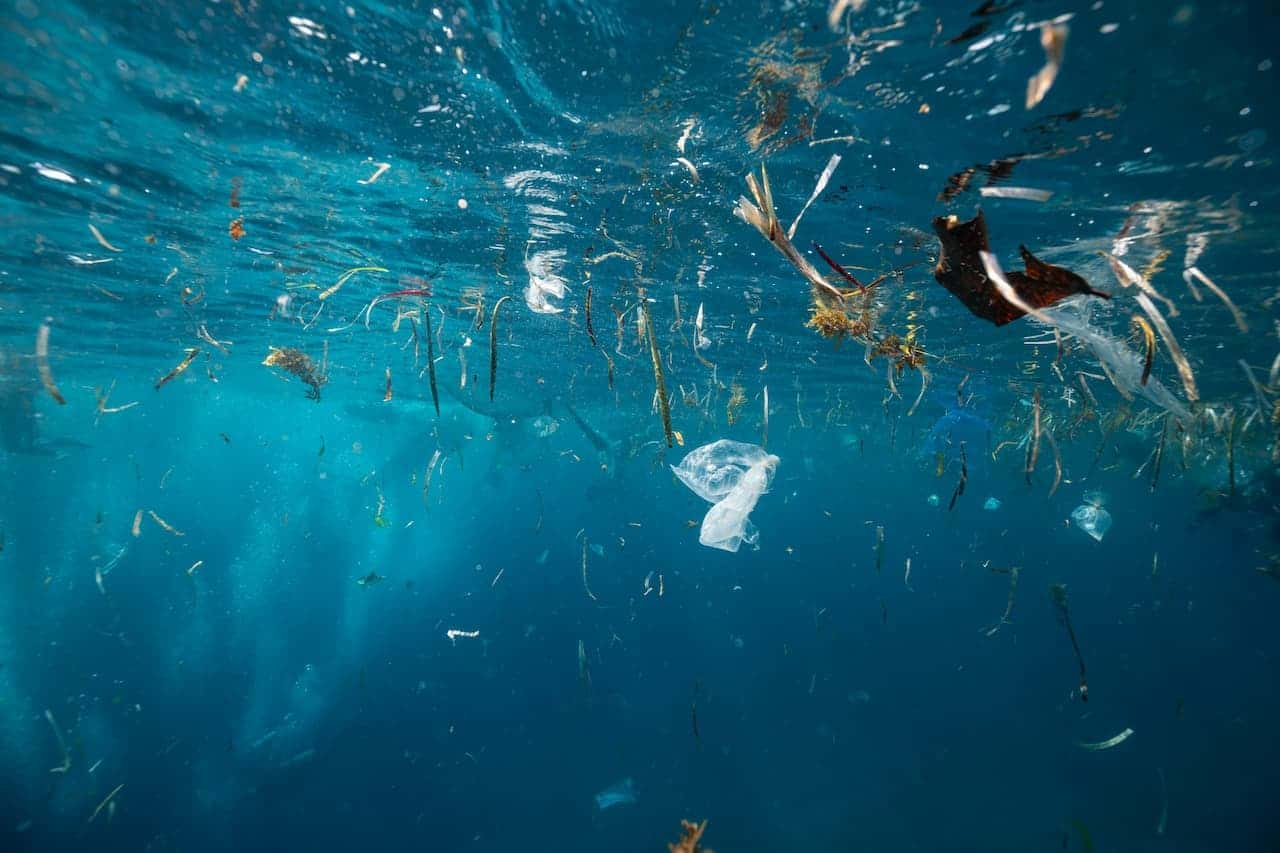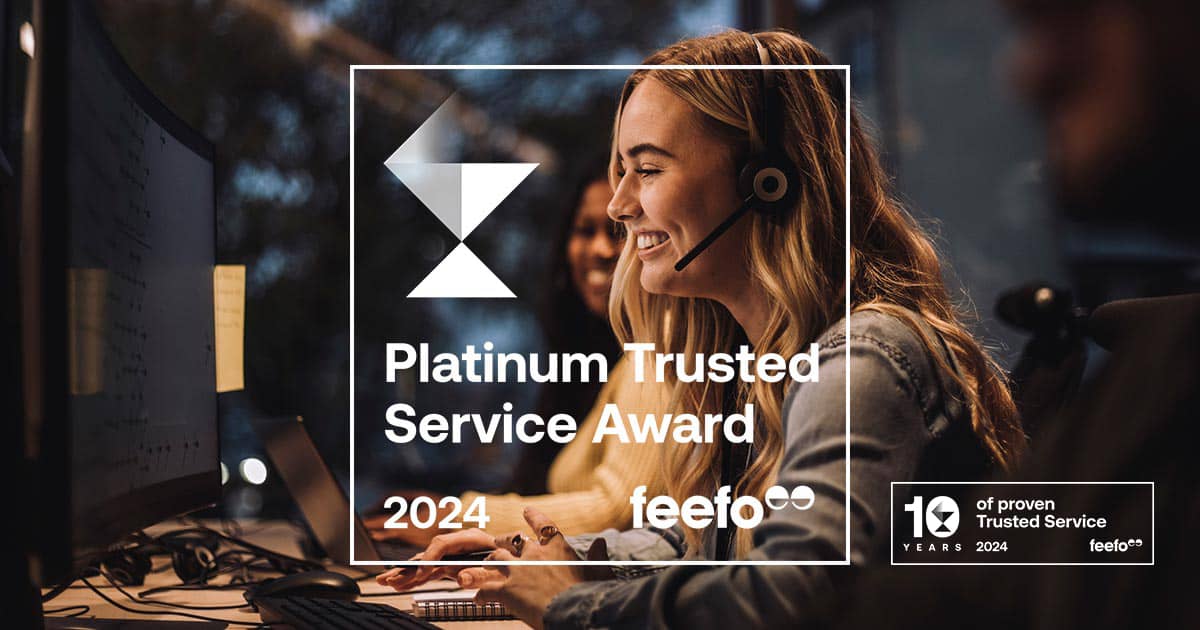Using less plastic as a business
How you can use less plastic
Plastic bags
One of the most frequently used plastic items in the retail industry is single-use plastic carrier bags. In October 2015, the government passed a policy that stated that businesses must now charge their customers 5p for single-use carrier bags.
Whilst many companies are happy to charge their customers for the bags, it would be more environmentally friendly to not offer single-use bags at all, as the bags needs to be manufactured, causing further pollution from factories. Instead, offer reusable bags, such as a bag for life or woven bags. Some large UK retailers have already started to phase out single-use bags in their stores.
Instil a non-plastic ethos at your business
Encouraging your team to find out about the dangers of plastic on the environment can also encourage them to cut out plastic in their own personal lives. You could gift plastic free or reusable plastic products such as water bottles to your team to encourage them to cut down on plastic.
By installing a water fountain, you will also be encouraging your team to reuse bottles instead of buying a new bottle for each drink. You can also provide cutlery in social areas so that you staff don’t need to use disposable items.
Bottles
One of the highest uses of single-use plastics in the world is plastic drinks bottles.
Supermarket Iceland, have introduced a trial recycling scheme for their UK customers, designed to encourage recycling and reduce littering, where their customers will receive a 10p voucher for every plastic bottle that they recycle. Tesco, Morrisons and Co-op have also begun trials of this scheme, but have not yet reported their findings.
Make sure that there are plastic recycling bins available for both your customers and your staff to use to help make sure that plastics are recycled instead of simply thrown away.
Did you know?
Every day, 38 million plastic drink bottles are bought in the UK.
Source: Plastic Free Communities
Non-plastic padding
In 2008, Amazon introduced their Frustration-Free packaging programme, which meant that products could still be shipped to you without the need for the plastic padding which protects your items. Since the introduction of the programme, Amazon introduced paper padding into the packages which meant that all protective materials could be recycled.
If you regularly send packages, use shredded paper or cardboard as padding for your parcels instead of bubble wrap or other plastics, or if you order from suppliers, see if you can arrange for them to use recyclable padding in the packaging.
Sharing your message
When you adopt greener practices, share them with your customers via social media channels, your website or other branding materials. You can also become certified green by Green Mark or Investors in the Environment (iie), whose certification status you can use on your branding.
Sharing your certifications and best green practices is a great way of standing out amongst your competition as customers are starting to become more aware of environmental issues.
















